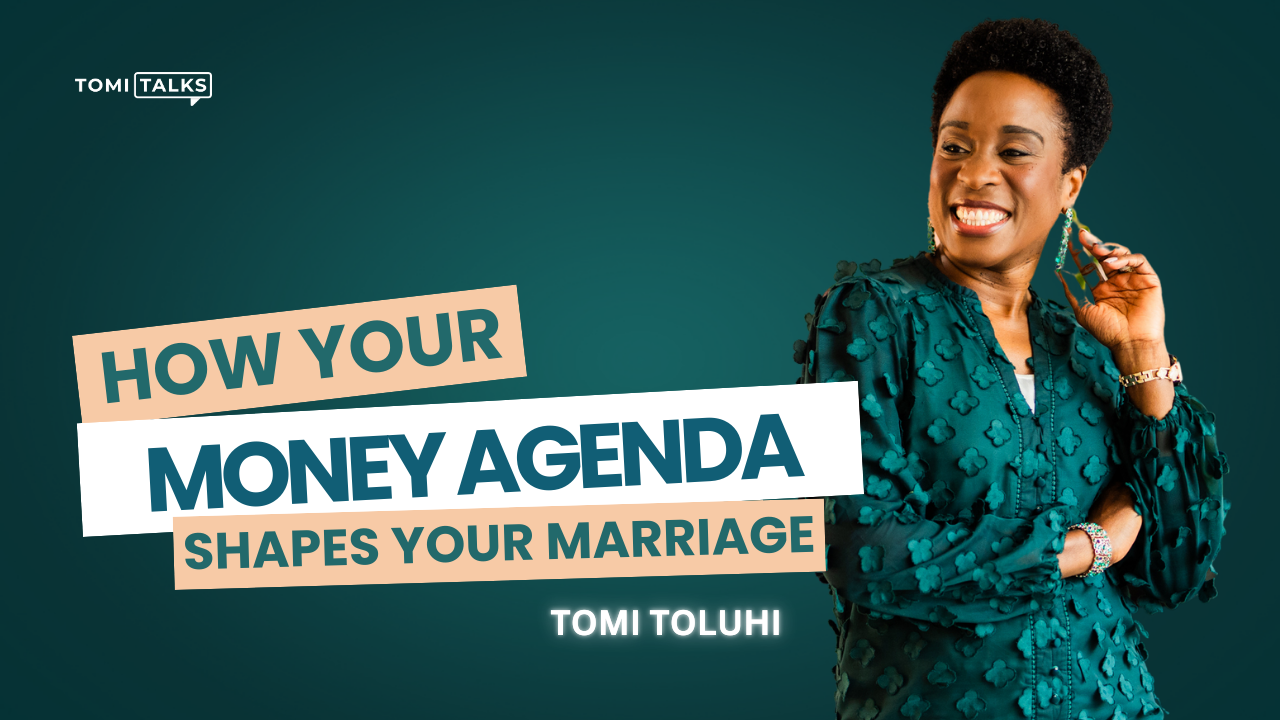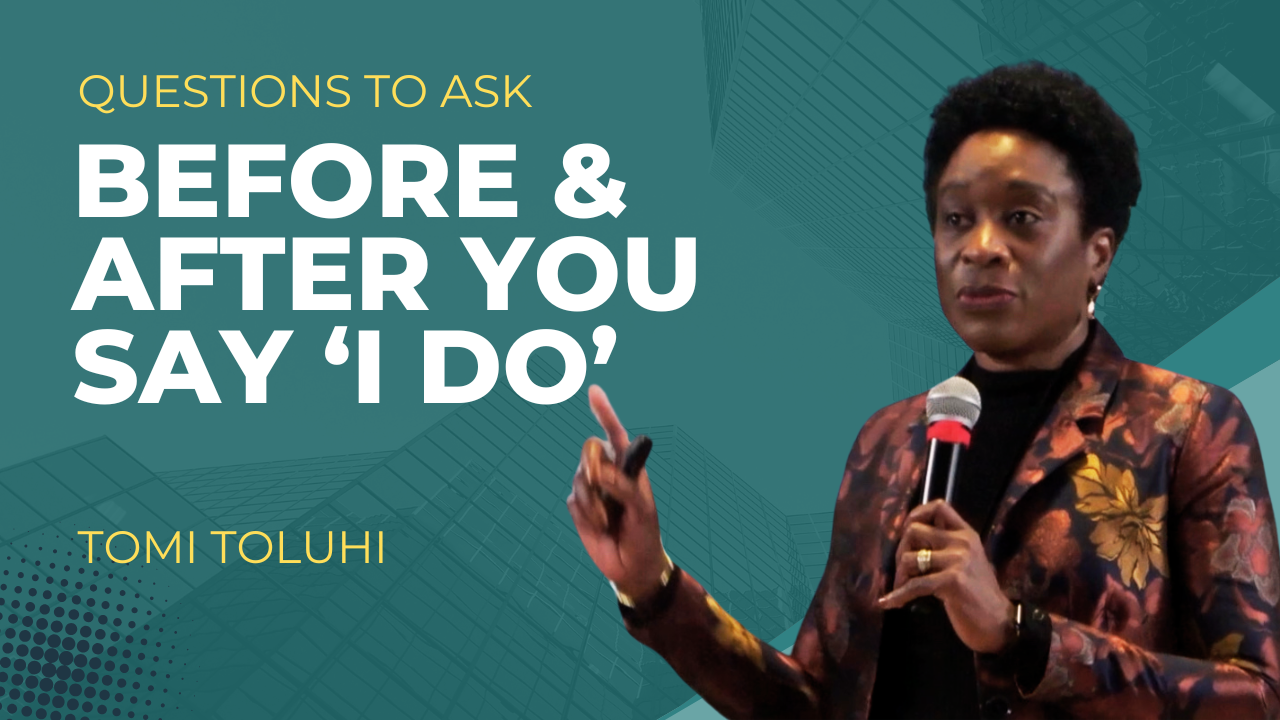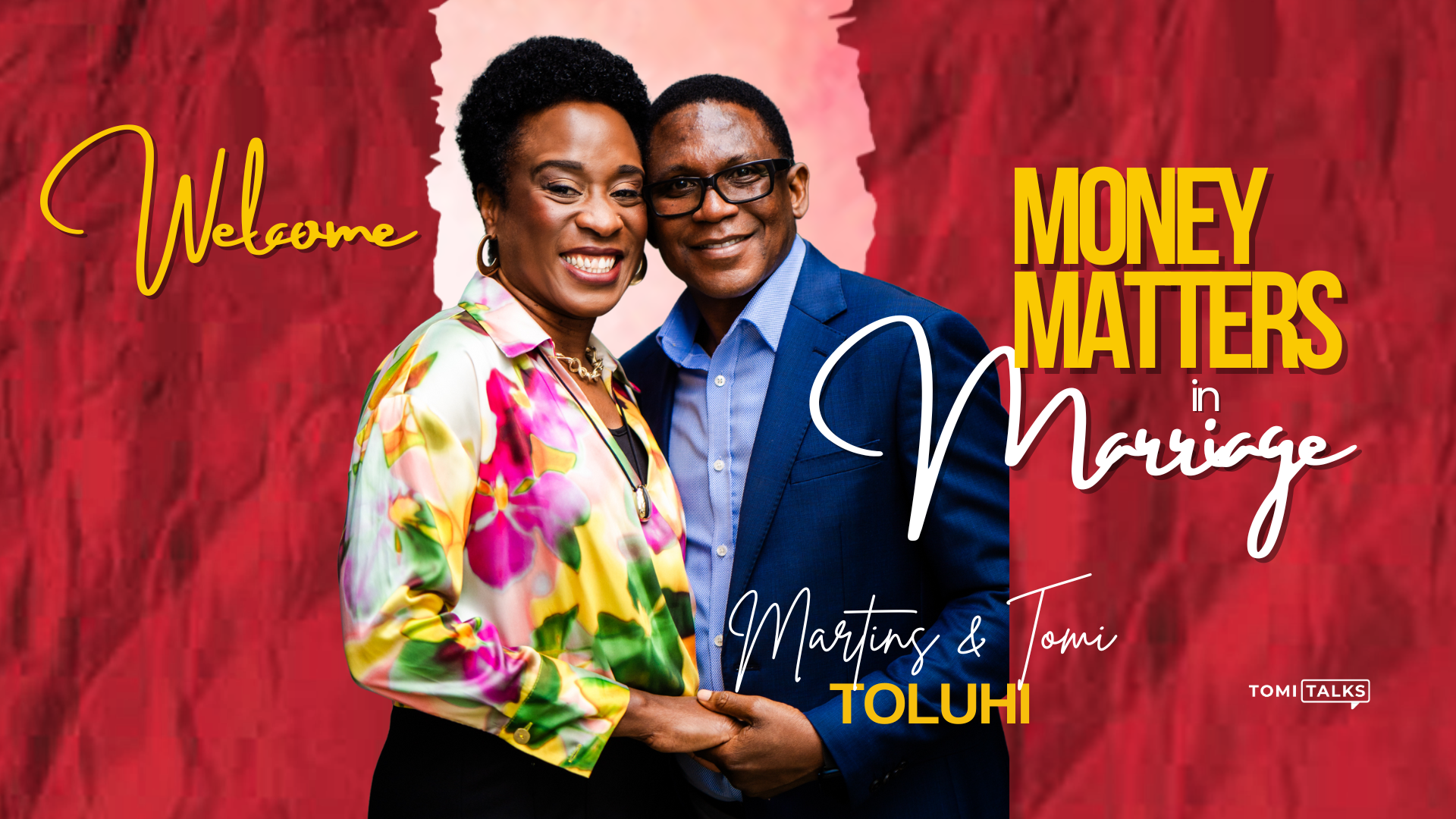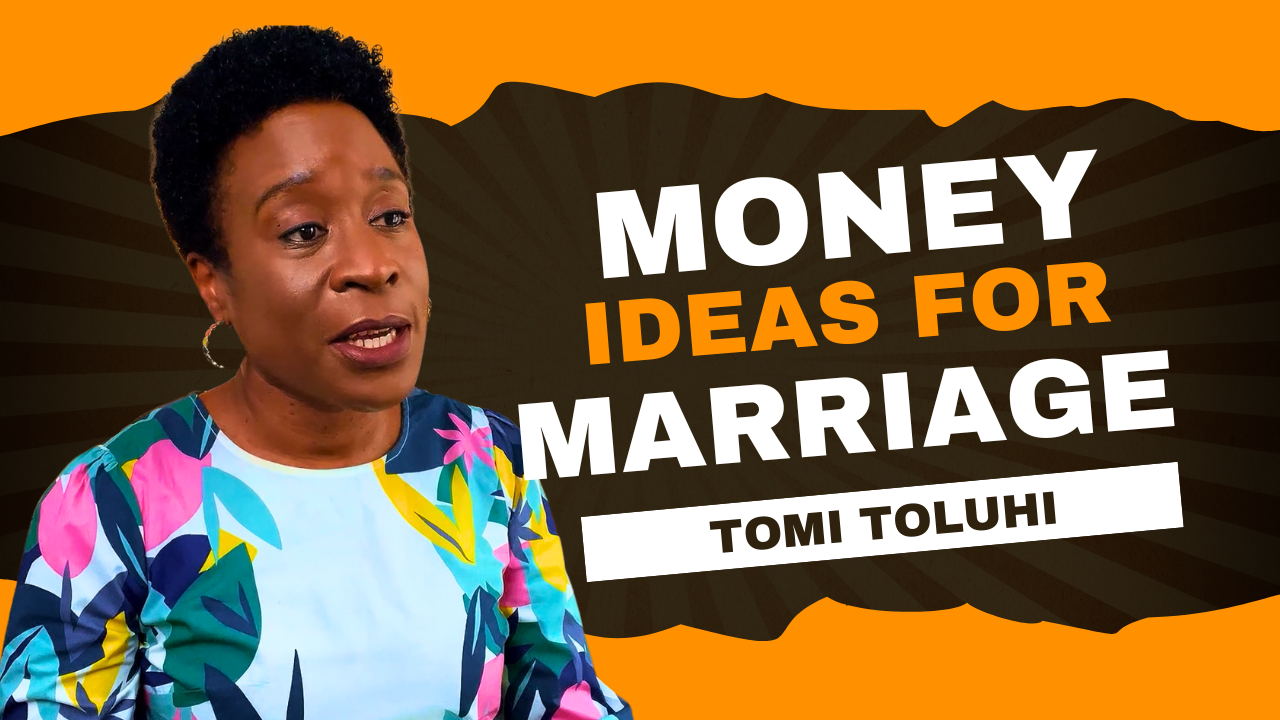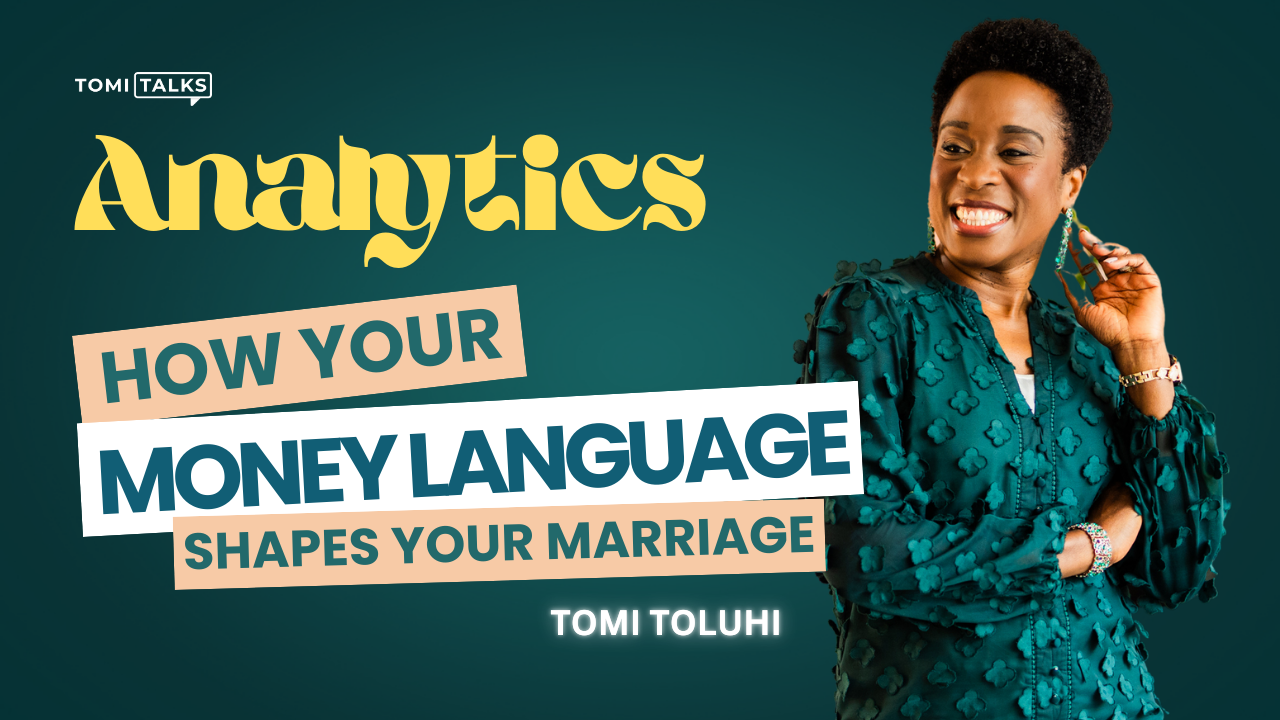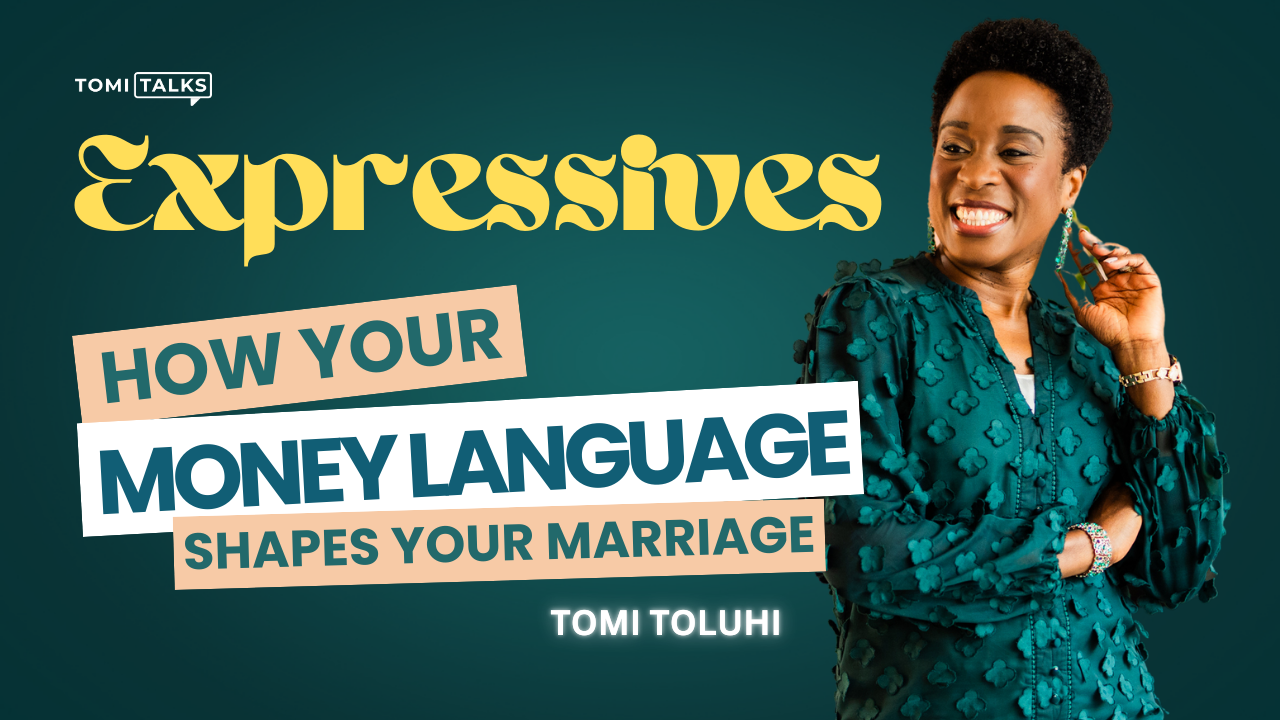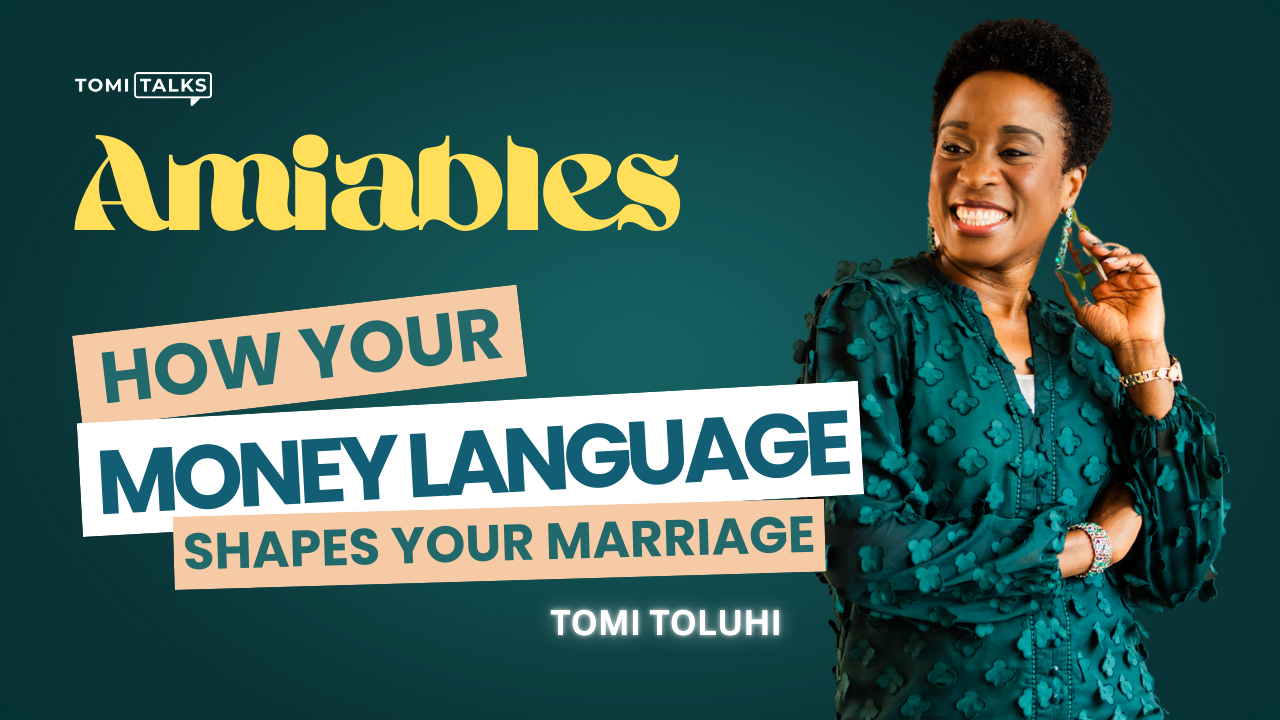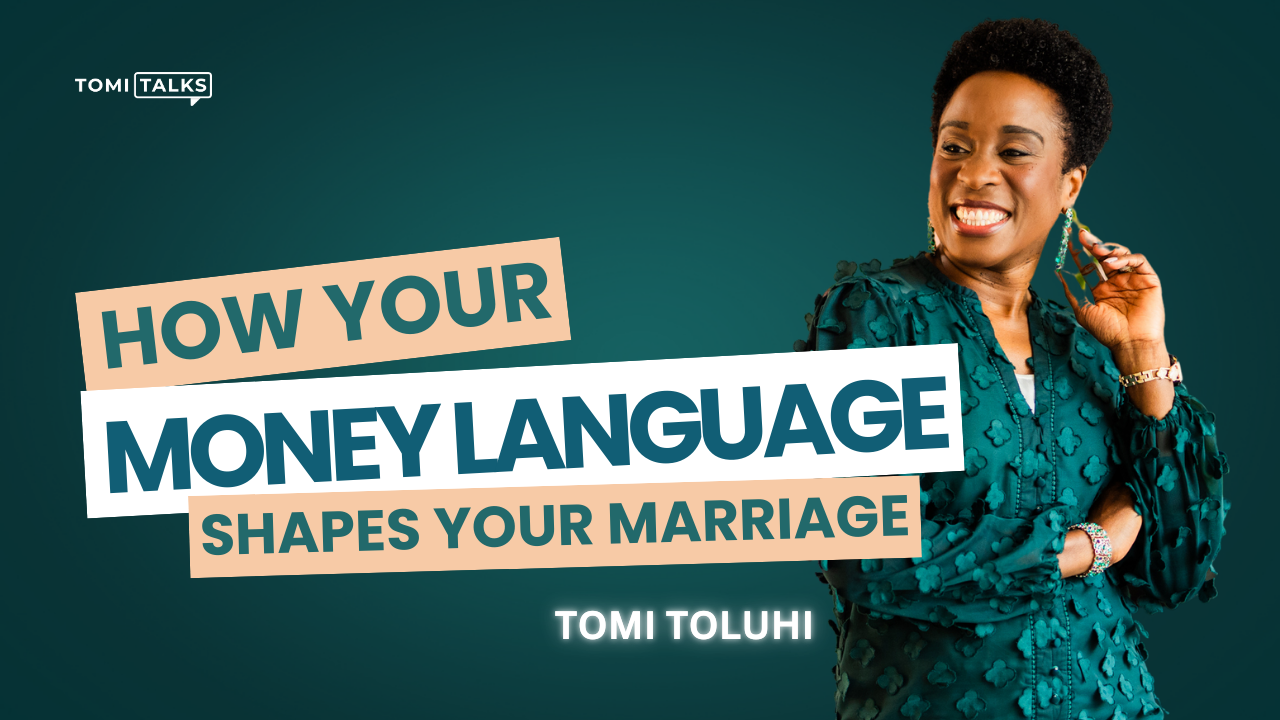The secret ingredient of enduring marriages

‘With me it’s all or nothing.
Is it all or nothing with you?
It can’t be “in between”
It can’t be “now and then”
No half and half romance will do!’
Will Parker’s words to his fiancée Annie in the 1943 musical production, Oklahoma! articulate the heartfelt desire we all have to experience unlimited, unconditional love. This seems a lot to ask of anyone at any stage in a relationship – especially from someone who has been hurt before. Makeshift love relationships have become the norm rather than the exception. People think you are crazy for marrying someone you have never lived with before. In trying to protect themselves against the unpredictability of relationships, couples opt to rationalise their commitment to a manageable proportion to ensure that any loss suffered if the relationship fails is minimal. The problem with that approach is that failure is the default mode of any relationship not grounded in commitment.
Will Parker’s words to his fiancée Annie in the 1943 musical production, Oklahoma! articulate the heartfelt desire we all have to experience unlimited, unconditional love. This seems a lot to ask of anyone at any stage in a relationship – especially from someone who has been hurt before. Makeshift love relationships have become the norm rather than the exception. People think you are crazy for marrying someone you have never lived with before. In trying to protect themselves against the unpredictability of relationships, couples opt to rationalise their commitment to a manageable proportion to ensure that any loss suffered if the relationship fails is minimal. The problem with that approach is that failure is the default mode of any relationship not grounded in commitment.
I have yet to see anyone succeed at anything to which they are not committed. Commitment is the foundation of a relationship; it is unseen and relatively unglamorous compared to the excitement of passion and romance. Yet no relationship can survive the inevitable storms without it. So what does commitment mean in real terms? Commitment means that you are prepared to close your heart to all other people apart from your chosen mate. In the audacious words of the bride in Song of Solomon 8:6 (KJV), ‘Set me like a seal upon your heart, like a seal upon your arm; for love is as strong as death…’ A seal is a fastener that provides a tight and perfect closure. Until you can establish a sense of closure in your search for love, you may not be able to commit completely to the person you have chosen. Your spouse needs to be someone that you have chosen above all others, and are prepared to commit to excluding all others.
Commitment also means that you are prepared to close your mind to alternatives to working on your relationship, and make it work. It means mentally crossing the bridge into that relationship and ‘burning the bridges behind you’. Ruth expressed her commitment to her mother-in-law Naomi in words so powerful that they have found their way into many wedding ceremonies and are still as inspiring today as they were when they were first spoken. ‘Don’t force me to leave you; don’t make me go home. Where you go, I go; and where you live, I’ll live. Your people are my people, your God is my God; where you die, I’ll die, and that’s where I’ll be buried, so help me God—not even death itself is going to come between us!’ (Ruth 1:16-17 MSG). You are only prepared to enjoy marriage the way God intended when you are ready to offer that level of commitment to the spouse God has brought into your life. Life and circumstances will always offer you a plan ‘B’ but if you approach a God-given relationship with a mindset like Ruth’s, like there is no plan ‘B’, you are bound to put your best into making plan ‘A’ work.
Once when I was preparing to deliver a seminar at a hotel, I struck up a conversation with the duty manager who was fascinated to learn that I was running relationship seminars. He took the opportunity to tell me about a couple he knew who had lived together for eight years without getting married. When they finally decided to get married, they were divorced within a year and he found it hard to comprehend. Situations like this occur all the time. While the couple could blame all sorts of circumstances for the marriage break-down, it boils down to a fundamental inability to commit. You can’t try to grow commitment by living together. You either are or you aren’t. A ring does not make you committed either; a decision does. The ring is simply an outward symbol of an inward decision. Without an inward decision, even shackles couldn’t hold you in that relationship. You don’t grow more committed to a relationship with the passage of time; you’ve got to decide to commit and then act accordingly.
The liberating thought here is that commitment is a choice that is within your God-given ability to make. God would not require committed love from us if we did not have the capacity to give it. The term ‘falling in love’ is probably one of the most misleading in the English vocabulary because it implies that love is an accidental occurrence over which we have no control – much like falling down. Yet, love is a lot more deliberate than what we think it is. We choose whom to bestow our love upon which is why the scriptures command husbands to love their wives. If love were involuntary, God would not command it because it would be outside our sphere of control. As unromantic as it may sound, in reality we choose to love or not to love. When you find the relationship you have been seeking, you must recognize it as valuable and be prepared to give up everything you have to invest in that relationship.
